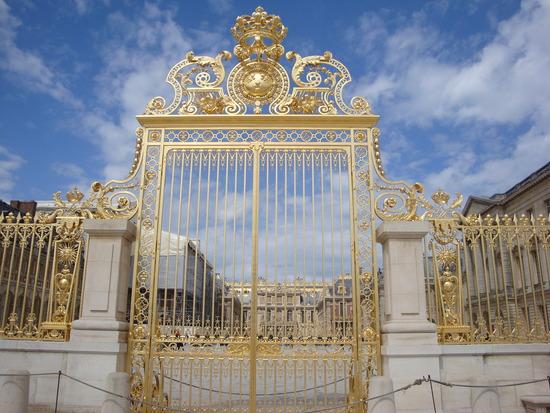
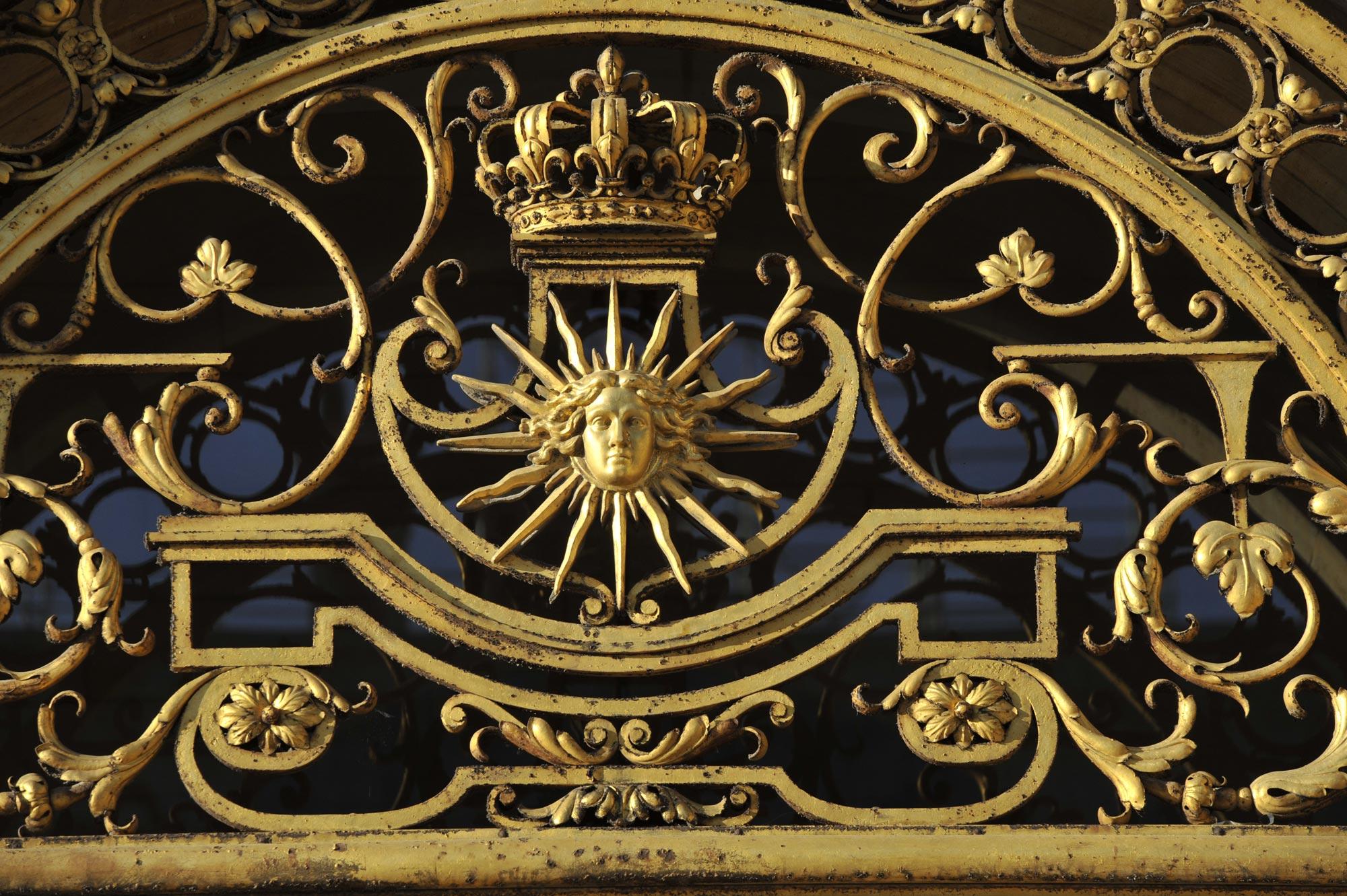
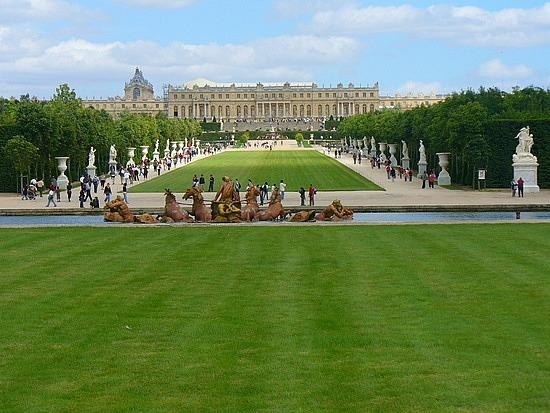
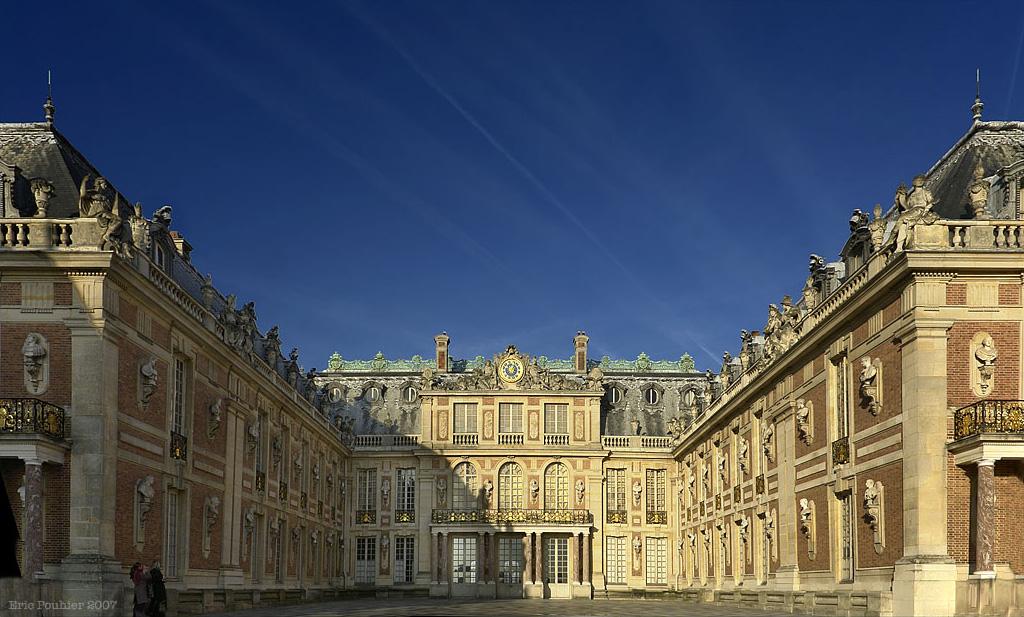
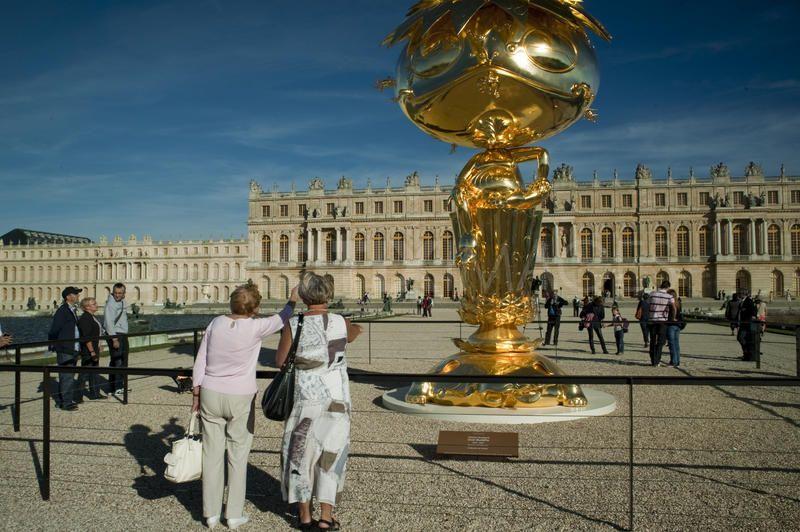
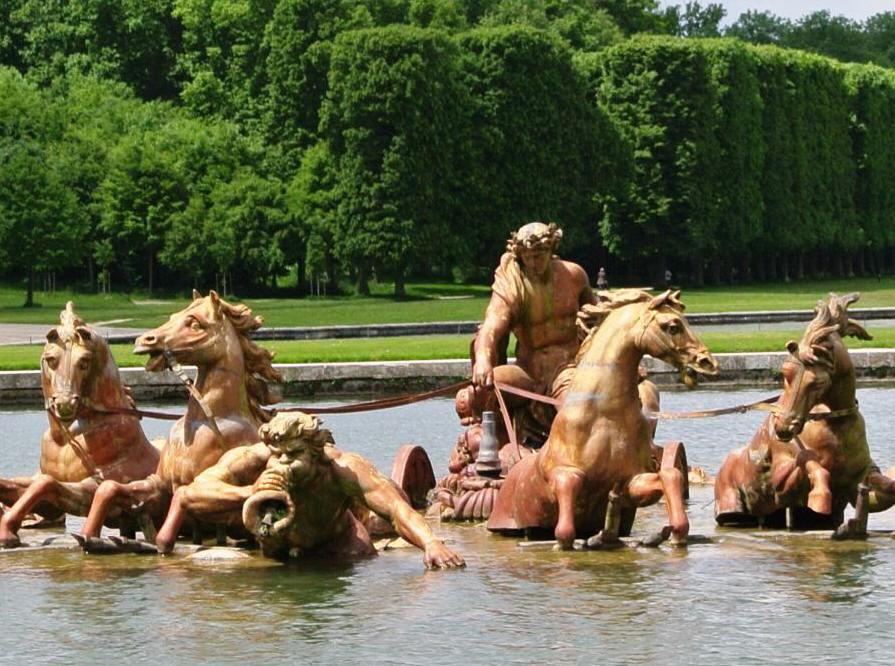
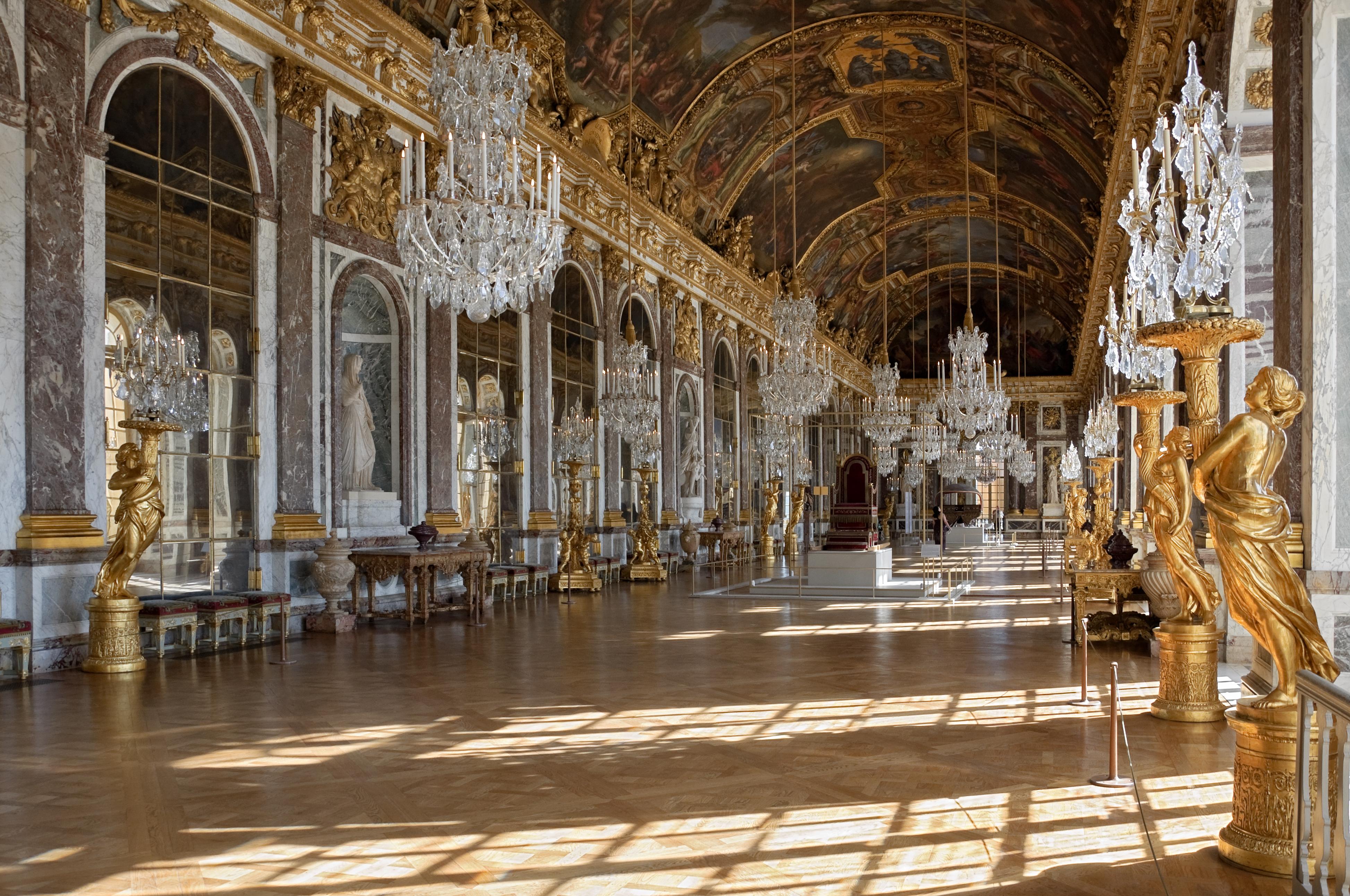
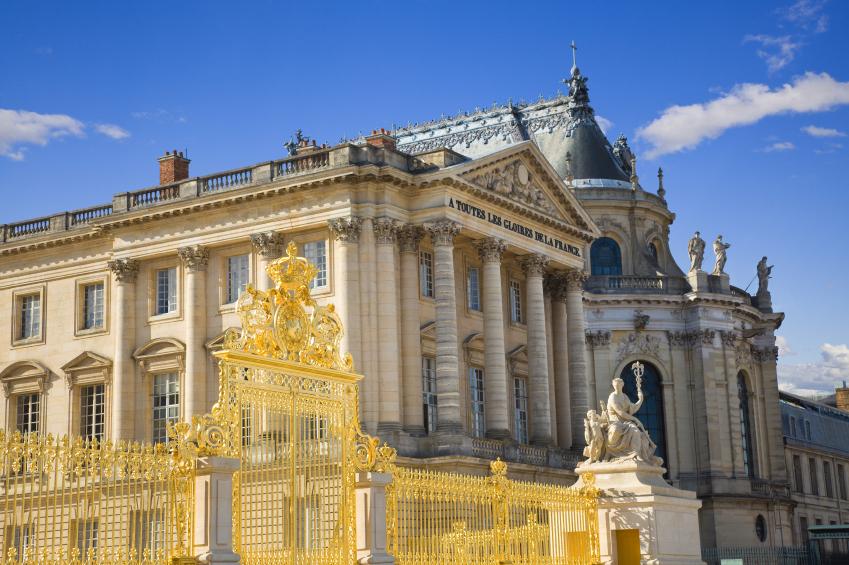
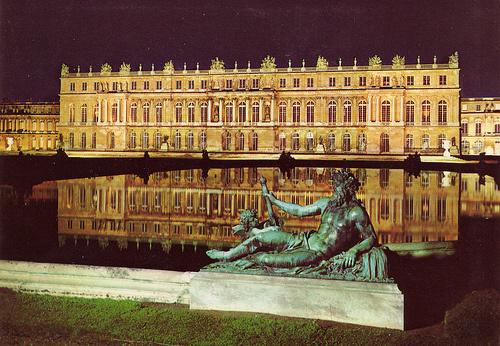
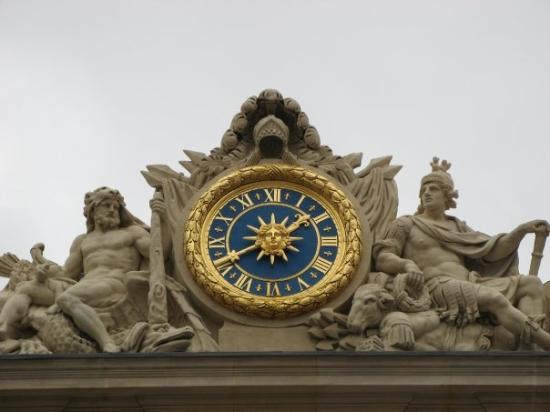
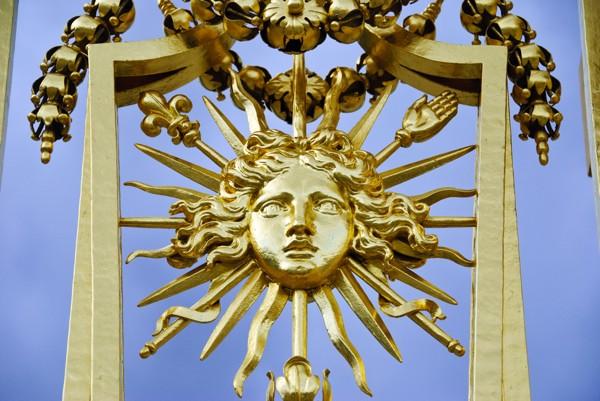
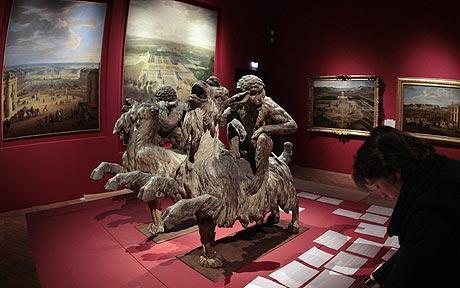
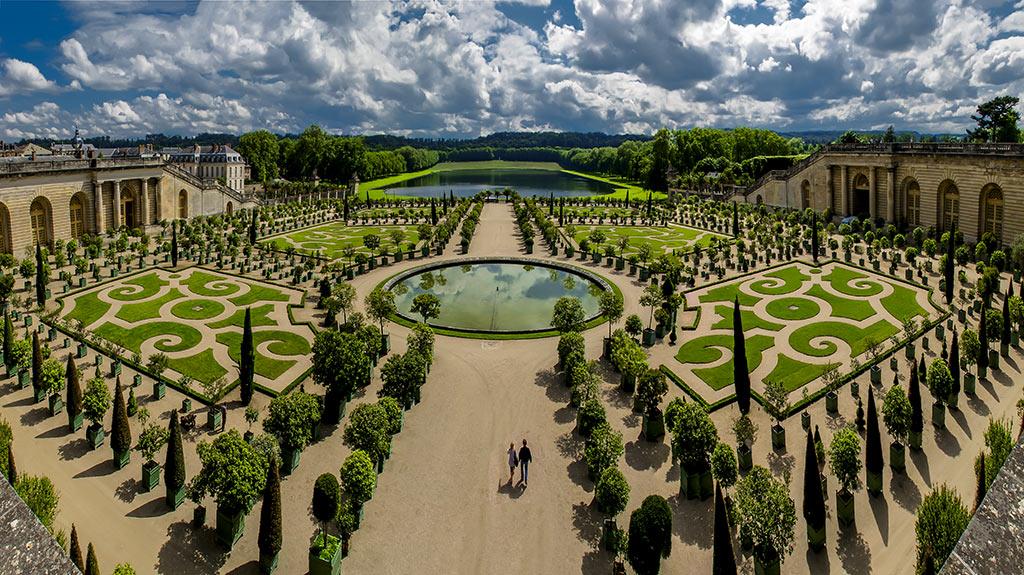
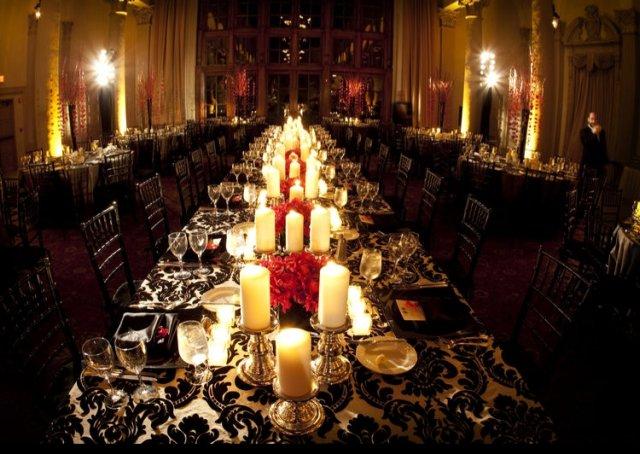
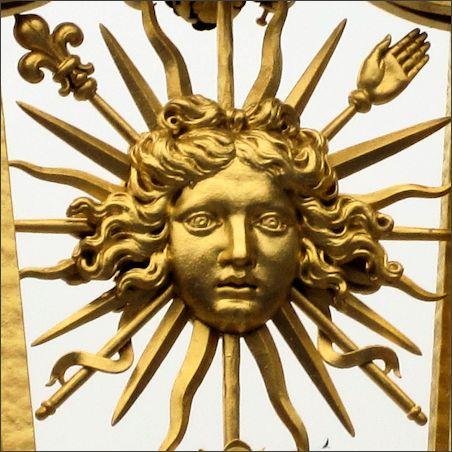
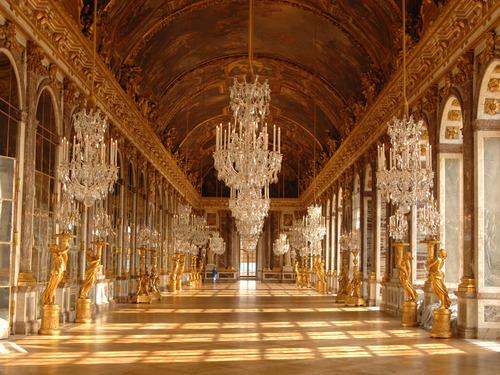
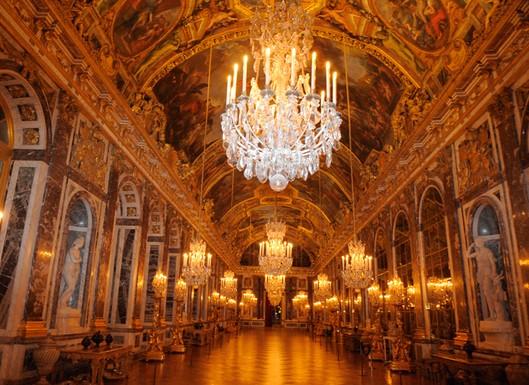
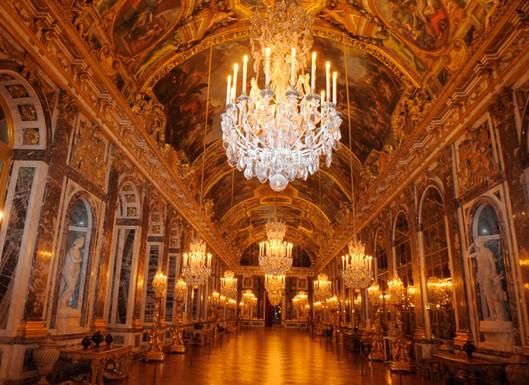
The last decades of the seventeenth century saw the transformation of a hunting lodge at Versailles into a palace which has never been surpassed in splendour. Built by Louis XIV as a monument of his own glory and a home for his enormous court, it is now enjoyed by millions from all over the world.
Twelve miles west of Paris, in a vast and romantic park, stands the noblest palace of the Western world. Enriched by three centuries pageantry and art, visited yearly by millions of people from all over the over the globe, Versailles is a monument to the glory of France.
Versailles was created by the Bourbon kings to show all Europe the supreme power of France, a power expressed in terms of beauty. A less likely site for a pleasure palace could hardly have been chosen-marshy, sandy, without source of water. But the small castle first built here by the woman-hating Louis XIII was intended only as a retreat from his Paris court. It was after his death in 1643, when the crown went to his son that the court came to Versailles.
Young Louis Xiv, handsome, regal and courteous to the humblest, took seriously what he called ‘the business of being a king’. He not only believed, like most of France in the seventeenth century, in the divine right of kings, but also that this right carried with it a duty to build magnificently and live splendidly. So, through most of the seven decades of his reign, and longer, the noise of hammering and scraping seldom ceased. As many as 35,000 workmen at a time were employed, and millions of gold francs poured out. What had been a marshy waste became a formal fairyland, offering miles of groves and walks, hundreds of statues and fountains-and a place which at time housed 100,000 people.
Here the ‘Sun King’ moved like the star of a grandiose play, constantly on display. Just as he was sure that his power descended from God’s own, so he believed that his subjects should have ‘free and easy access’ to their ruler. Therefore, all those ‘of decent appearance’ might come to gaze in awe upon the king at table as he made his way, solitary and superb, through course after lavish course. The gardens, the state rooms, the long Hall of Mirrors with its solid silver furniture and its forty-two crystal chandeliers, were open to any man who showed himself a gentleman by wearing a sword-which could be hired from the doorkeeper.
Are you interested to know more about the grandeur of the Sun Kings?
Let us hear from you at +91 33 4046 4646
As suggested and to be customized as per request

 Loading..
Loading..